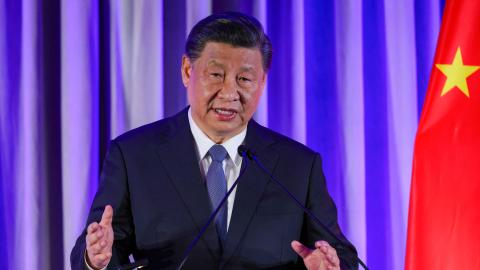Linda Sun is under federal indictment for, among other things, allegedly acting as an unregistered Chinese agent. This is more than a personal tragedy for Ms. Sun and an embarrassment for Gov. Kathy Hochul, for whom Ms. Sun served as deputy chief of staff. It is a sign of a changing climate around Americans’ engagement with foreign governments. As challenges to the Pax Americana mount, close ties with America’s rivals carry reputational and legal risks for individuals and firms.
In the 1930s, Ford Motor Co. struggled to keep its German business viable after Hitler came to power. To curry favor in Berlin, Ford’s German subsidiary fired Jewish employees and had to accept Nazi influence in hiring managers and setting policies. In the end, Ford lost control of the subsidiary and its assets. The company suffered lasting reputational damage for its connection to heinous acts (including wartime use of slave labor) that its American-based directors were powerless to prevent.
Read the full article in The Wall Street Journal.
Enjoyed this article? Subscribe to Hudson’s newsletters to stay up to date with our latest content.



















